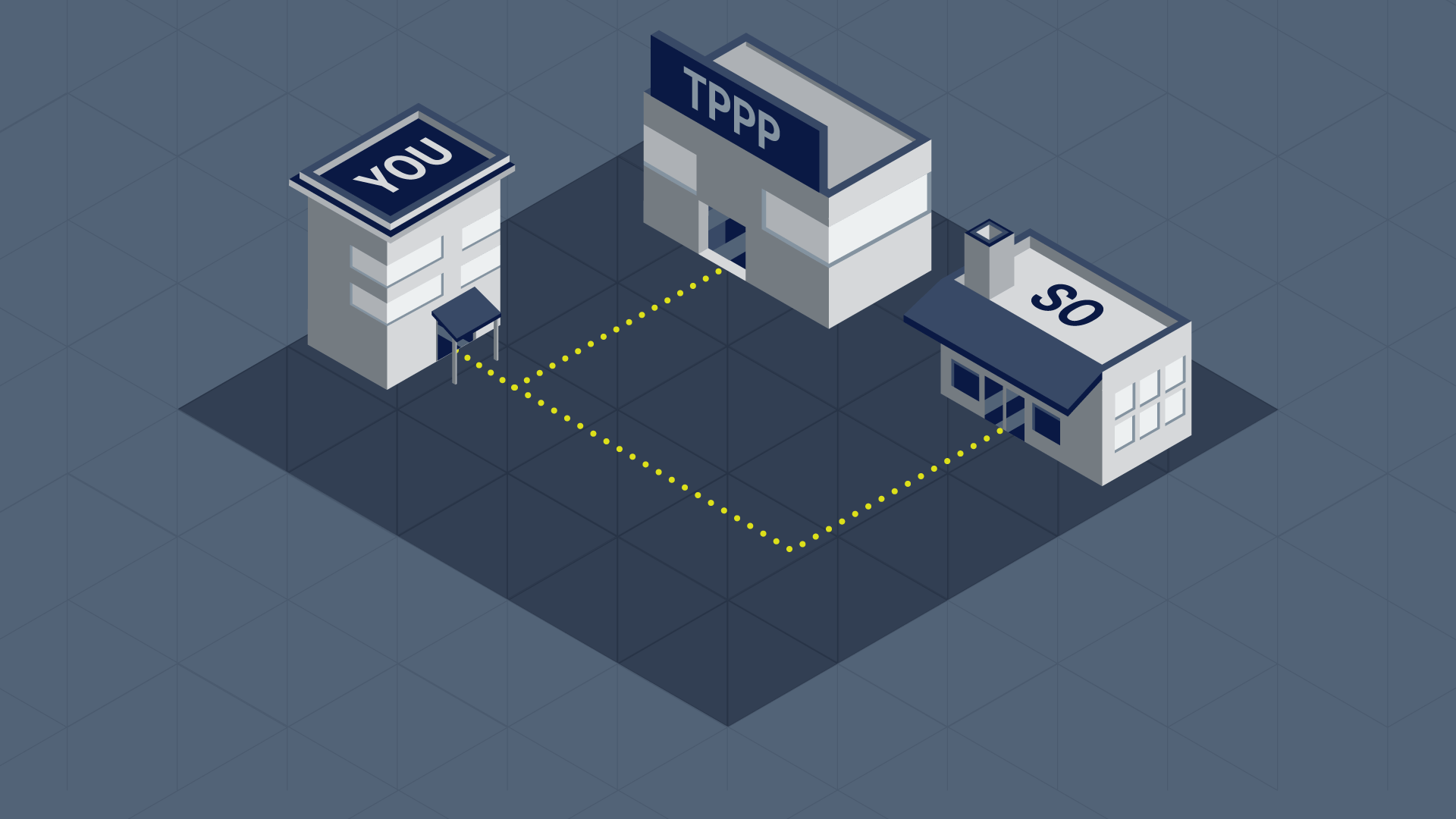In the face of rising debit order abuse, payment innovator BankTech calls on South African businesses to migrate their existing debit order collection facilities to DebiCheck.
Also known as ‘authenticated collections’, DebiCheck is an initiative introduced by the South African Reserve Bank and developed by Payments Association of South Africa (PASA). This new type of debit order offers peace of mind to consumers, giving them explicit control of their debit orders by requiring them to verify their approval at the start and amendment of debit order contracts. The ripple effect is an improved collections success rate for businesses due to a decrease in debit order disputes.
However, BankTech CEO Danie van Tonder says that despite the obvious benefits that DebiCheck affords both businesses and their customers, the take-up from firms has been slower than expected.
“We are surprised at the sluggish adoption of DebiCheck in the SME and corporate arenas. Business owners are sitting on their hands, not realising that action is required now in order to get DebiCheck mandates up and running efficiently before the end of the agreed onboarding window.”
According to PASA’s 2019 report, ‘Combatting Debit Order Abuse’ , the ratio between rogue collections and debit order reversals was most recently recorded at 40:60, meaning for every hundred reversed debit orders in South Africa, a staggering forty are fraudulent or non-compliant. DebiCheck, therefore, represents a significant opportunity to rebuild consumer trust in the payment method.
Currently, many businesses that accept payment by debit order use either standard Electronic Transfer of Funds (EFT) debit orders or Early Debit Orders (EDOs) such as AEDOs (Authenticated Early Debit Orders) and NAEDOs (Non-Authenticated Early Debit Orders). However, under the instruction of PASA, DebiCheck should replace all Early Debit Orders, with the phasing out process terminating on 31st October 2021. This date was recently pushed back a year due to the Covid-19 pandemic, offering business owners further breathing room to manage DebiCheck migration in line with all other aspects of a changing business landscape.
In the interim, businesses also have the opportunity to migrate their existing NAEDO and AEDO mandates to the DebiCheck collection rails, thus enabling them to benefit from processing in the first early window. These “migrated” or “registered” EDOs are registered as DebiChecks without the requirement of positive authentication to condition consumers and businesses to DebiCheck’s use.
The additional benefit of DebiCheck mandates being prioritised in the early processing window is intended to incentivise adoption and compliance, bumping EDOs to the second early window, which decreases their probability of successful collection. EFTs have an even lower priority than EDOs and will be processed in the last window, therefore having the lowest probability of successful collection.
“While the October deadline may seem like ample time for businesses to get DebiCheck up and running, it is our experience that various issues are hampering this process, including a lack of technological infrastructure, complex banking connections and corporate red tape, introducing delays in decision-making and implementation. The fact remains that DebiCheck is here to stay and businesses can and should realise the full benefits of DebiCheck in order to keep up with a changing payments landscape.
We urge business owners to partner with a specialist collections service provider, who has the expertise, compliance knowledge, technological infrastructure, as well as existing banking relationships to assist with DebiCheck migration in an efficient and cost-effective way.”
BankTech’s Collections Engine allows for easy DebiCheck migration and maximum collections efficiency, while also offering the ability to expand operational capabilities into the future.


